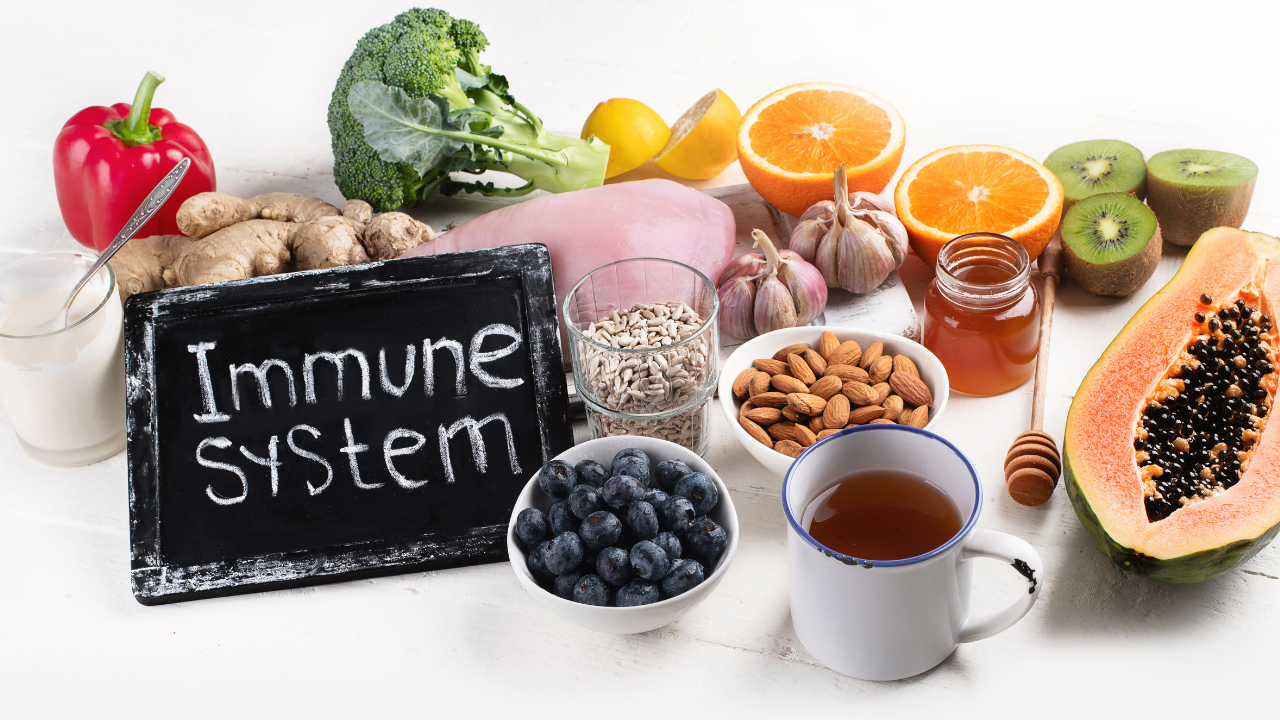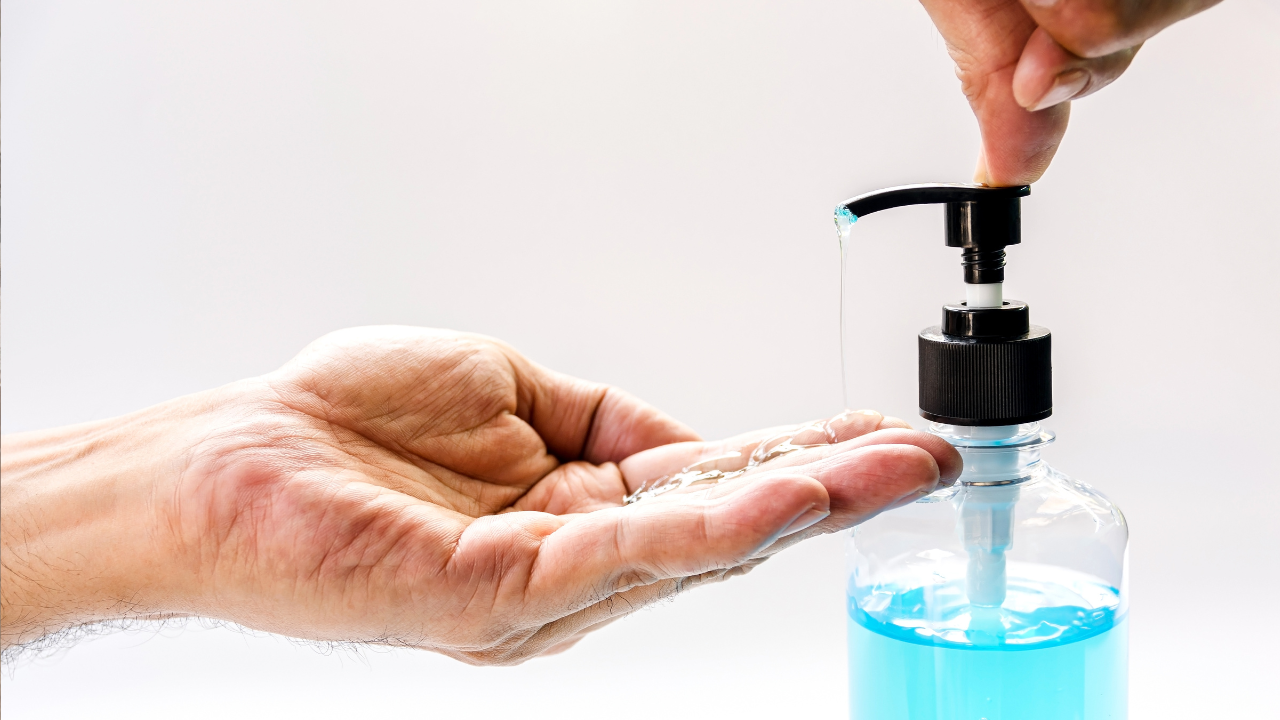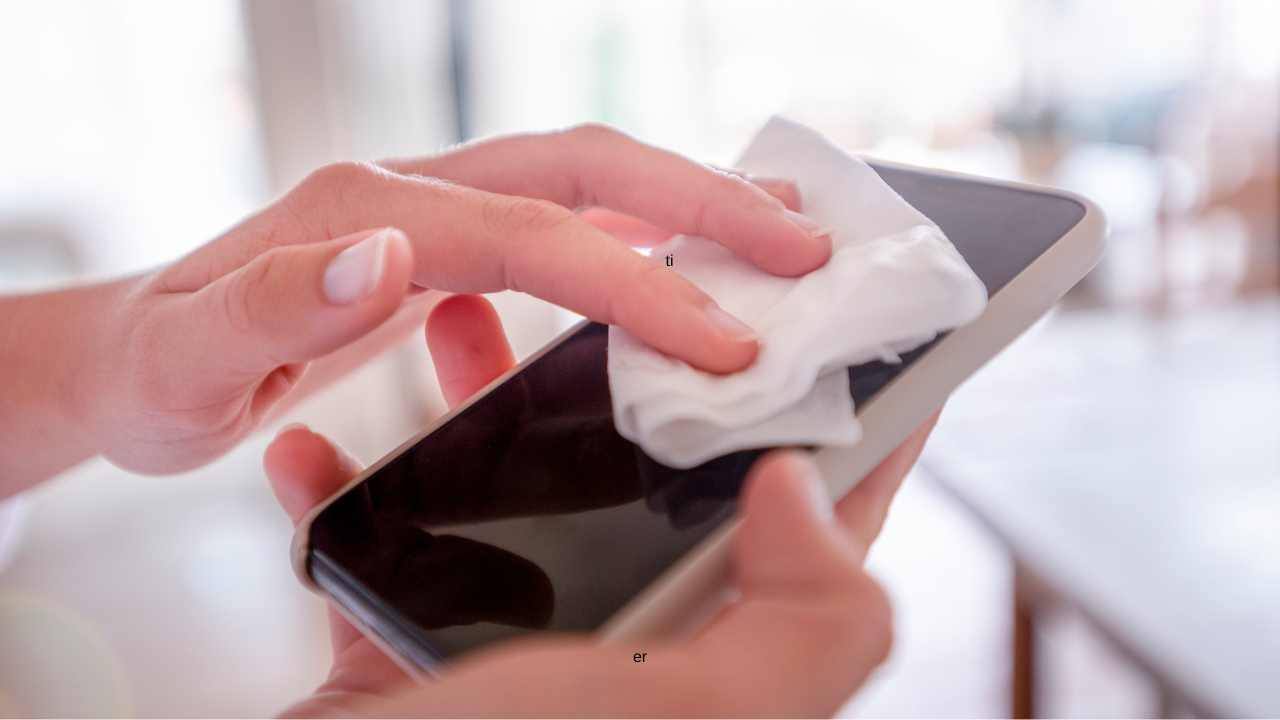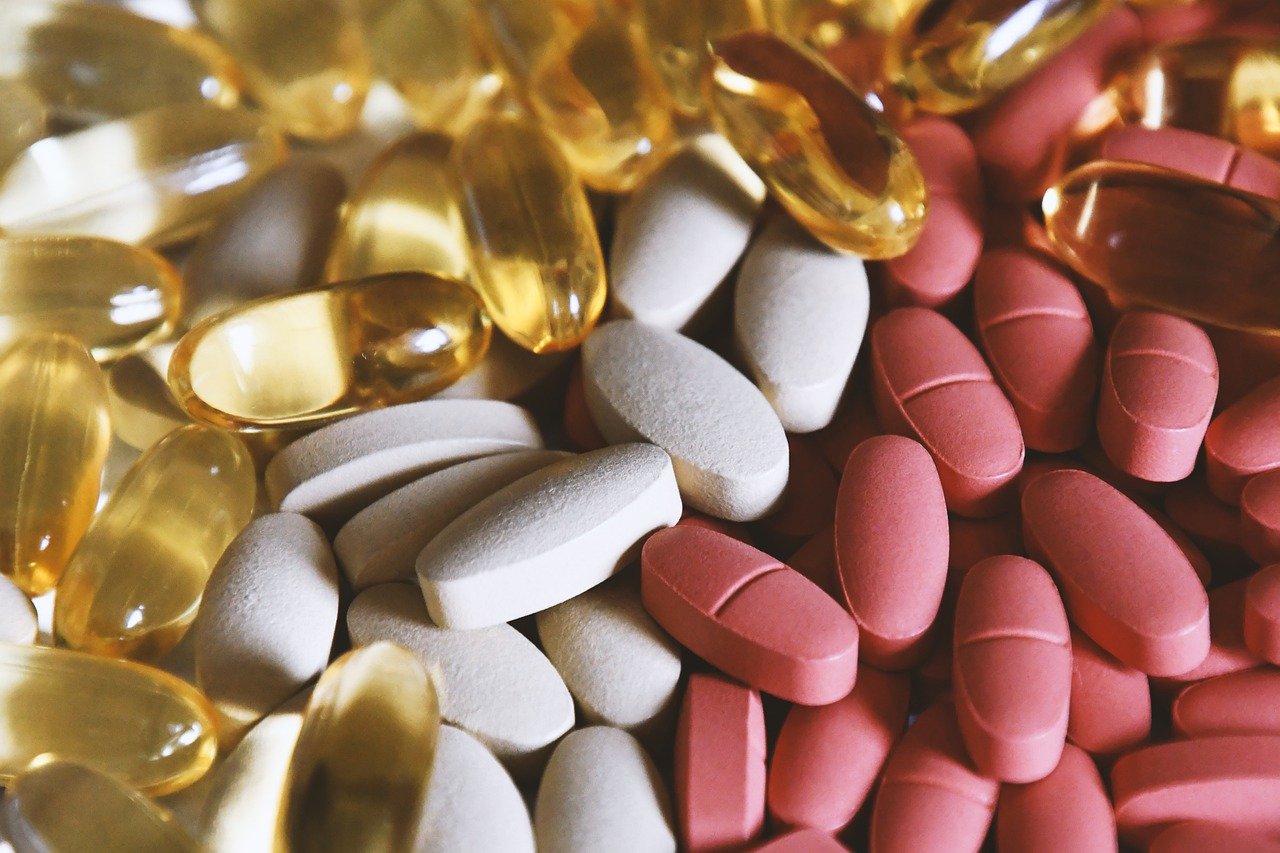
6 Easy Ways to Boost your Immunity
Feb 22, 2022Now more than ever, it’s important to practice health guidelines and stay well. Rather than be caught unprepared, how about boosting your immune system before those nasty viruses enter your home or workplace.
Let’s take a look at our top ways to avoid any illness.
6 Easy Ways to Boost Immunity
1. Wash your hands:

If you’ve heard it once, you’ve heard it a thousand times; washing your hands is the simplest and most effective way to prevent the transmission of viruses.
And a quick rinse under cold water won’t do. You have to use warm or hot water and lather up for 30 seconds. Make sure you get all the nooks and crannies of your hands. Then, don’t touch the faucet handles (found to be one of the places with the most germs) with your clean hands. Instead, grab a paper towel and use that to turn off the water. Use another paper towel to dry your hands and then use it on the door handle to leave the bathroom (if in a public restroom).
If you have no access to water or soap, then use one of those alcohol-based hand sanitizers. Keep one in your purse or backpack at all times.
2. Sanitize those surfaces:

Whether it be your work desk, the kitchen counter, a school desk, your cell phone, house phone, computer keyboard and mouse, TV remote control, light switches, or doorknobs, they’re all teeming with nasty little germs.
Make sure to wipe them down once a day, if possible. You can use those handy disinfecting wipes to do a once-over, or if you prefer to go a more natural route, try our homemade solution: mix up a spray bottle filled half with white vinegar and half water; add a little rubbing alcohol and a few drops of lavender or tea tree oil.
Germs be gone!
3. Jam-pack your diet with colors:

A produce-filled diet that boasts the colors of the rainbow is a sure-fire way to ensure you are getting plenty of immune-boosting antioxidants.
Choose deeply-colored fruits and vegetables over their paler counterparts for more nutrition. Our favorites include kale, broccoli, swiss chard, shiitake mushrooms, red onions, blueberries, elderberries, blackberries, mangosteen, mango, peaches, papaya, tomatoes, strawberries, raspberries, and sweet potatoes.
More immune-boosting foods include green tea, beans, lentils, ground flaxseed, chia seeds, hemp seeds, quinoa, bulgur, almonds, walnuts, cashews, pecans, wild Alaskan salmon, wild Pacific halibut, black cod, and mackerel.
4. Try a nasal rinse:

Uh-oh. You’ve got the sniffles. What should you reach for first? Try a neti-pot or other nasal irrigation system. Whether your nose is stuffy or runny, it’s a sign that you’ve been invaded by some sort of cold virus.
One great thing you can do is to try and rinse the viruses out of your sinuses, rather than let them sit there and multiply. If you haven’t done a nasal rinse before, it can be a little intimidating. Once you get the hang of it, it’s no big deal. When you’re sick, try using it 1-2 times a day.
5. Drink more water:

A dehydrated body cannot fend off a germ attack as well as a hydrated body. The old rule of eight glasses of water a day is kind of old-school, but we do still use it as a goal for most people.
The best way to tell if you’re dehydrated is by looking at the color of your urine. If it’s clear or pale yellow (like lemonade), then you’re fine. Anything darker than that and it’s time to chug-a-lug. Stick with water, green tea, and herbal teas. Caffeinated drinks will only serve to further dehydrate you.
6. Supplements:

There are a whole host of vitamin, mineral, and herbal supplements that promise to boost your immune system. But approach them with caution, as not all supplements are manufactured in a way that guarantees purity or that it actually contains what it claims to contain.
Supplements that have the USP symbol on it are usually reputable products. You can also check websites like Labdoor and Consumer Lab as they are independent labs that test supplements for purity and accuracy.
As for which specific products to choose, we like to stick with a daily probiotic, which puts good bacteria into your gut (and happens to be your body’s first line of immunity), vitamin D, vitamin C, Oil of Oregano (just don’t take this when you take your probiotics, since it’s a natural anti-biotic) and Ashwaganda, an Ayurvedic herbal supplement that helps protect your immune system by decreasing stress on the body.
Of course, always check with your physician and Registered Dietitian Nutritionist for advice and if you are taking any other medications that could possibly interfere with any supplements.

